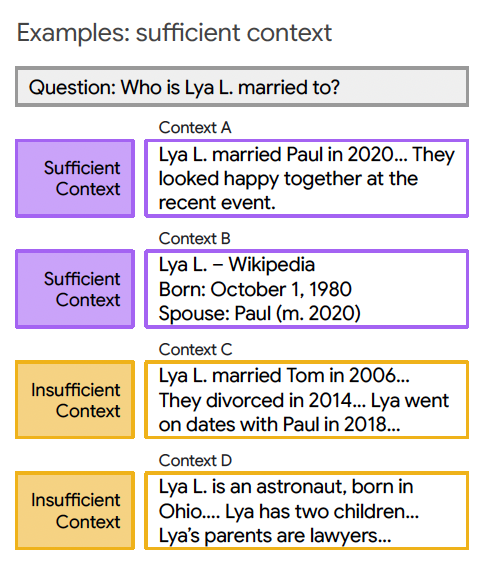
Oil and gas workers in Aberdeen have opened up over their job fears and uncertainty for the future.
They spoke directly to Scotland’s Just Transition Commission which has warned the region is heading for an “unjust transition” away from fossil fuels.
The commission, an independent advisory body that provides scrutiny and advice to the Scottish Government on how to deliver a just transition to a low carbon economy in Scotland, released its fourth and final instalment of briefings based a “people-and-place-based approach”.
The Just Transition Commission said “urgent and ambitious action” was required to manage the shift away from oil and gas or there would be “harmful effects on workers” and the economy in the north Eeast of Scotland.
Despite the end of North Sea production being “clearly foreseeable for decades”, the report said workers in the industry feared a “cliff edge” for their livelihoods.
The commission’s co-chairman warned there was a “real risk” that North Sea workers faced the same fate as those in the coal and steel industries when their jobs disappeared.
The commission said “more needs to be done to support good quality jobs” in offshore renewable developments to help mitigate the lost of oil and gas employment but admitted that “pay levels are lower in renewables”.
Workers reported:
- Fears over a jobs “cliff edge” rather than a managed transition.
- Feeling a “profound sense of uncertainty about the future”.
- Belief that Scotland and the UK lack a plan for the transition.
- They told the commission – meeting in Aberdeen Thursday– that skilled jobs are already being lost to the Scottish economy in the move away from oil and gas to renewable industries.
One worker said: “It’s happening now. We’re seeing redundancies on a big scale, perhaps 2,000 over the past two to three years. The skills are going to go.”
‘A lot of the guys are in denial’
Those interviewed said the credibility of the approach is “seriously at risk” among offshore workers.
Another employee said: “I’ve got probably four years left in the North Sea. Where do I go? My employer is not funding training. What do I do in four years?
“Who’s going to be there for me in four years? There’s a lack of information about where the work is and what are the skills required.
“Without this information you’re just going to have a load of people who don’t know what they’re doing.
“A lot of guys are in denial. They think the North Sea will go on forever.”
A prevalent view is the Scottish and UK governments lack a plan for the transition.
There is a perception among some offshore workers that the timescales involved will shed UK offshore jobs while domestic consumption relies on “dirtier” imported oil and gas.
A worker said: “We are in a critical window. Mess up the next five years and we’re really in trouble. Net zero is at stake, not just jobs in the north-east.”
What else was in the report?
The commission draws members from business, industry, trade unions, environmental and community groups and academia.
Their report says more needs to be done to support good quality jobs in the offshore clean energy economy – including in wind and carbon capture and storage.
It highlighted the need for a “clear plan” to build the domestic supply chain and manufacturing for renewables.
The commission said: “Without urgent and ambitious action, investment and Government leadership, Scotland’s offshore transition will not take place fairly, with harmful effects on workers, communities, employers and the regional economy of the north east that could otherwise be avoided.”
It warned that “there is still no transition plan for oil and gas workers” and said the transition to renewables would be “unjust” if it was “determined mainly by turbulent commodity prices”.
“The fragmented nature of both the fossil fuel and renewables industries makes effective planning more challenging but also more critical,” it said.
“To avoid harms to workers and communities and support new industry, governments must now take a bold, innovative approach that maximises leverage to set standards, establish pathways, create jobs, and manage shocks.”
The commission said offshore renewable developments had to be “accelerated” and the industry made “more attractive” to workers, with “robust minimum standards” for pay and conditions.
It added that oil and gas workers need a “credible offer” from government to retrain in green industries.
The commission will meet Scottish Government ministers and UK Energy Minister Michael Shanks to discuss its findings in the coming weeks.
‘Workers at heart of transition’
Scottish Government minister Gillian Martin welcomed the report.
She added: “Workers are at the heart of Scotland’s just transition to net zero.”
The UK Government said it has taken “rapid steps” to deliver the next generation of good jobs for the North Sea as part of its plan for change.
A spokesman said: “This comes alongside Great British Energy, which has already announced a £300 million investment in British supply chains, unlocking significant investment and helping to create thousands of skilled jobs, progressing our mission to make the UK a clean energy superpower.”























